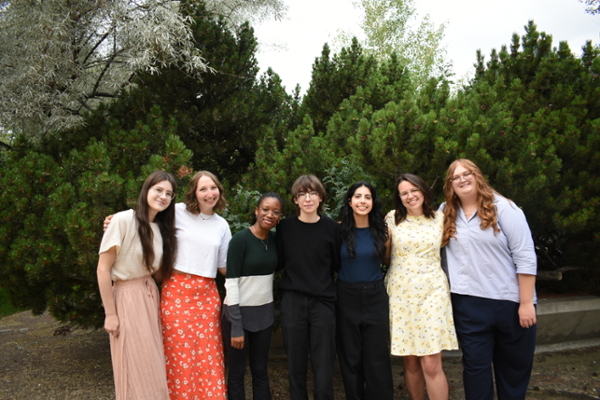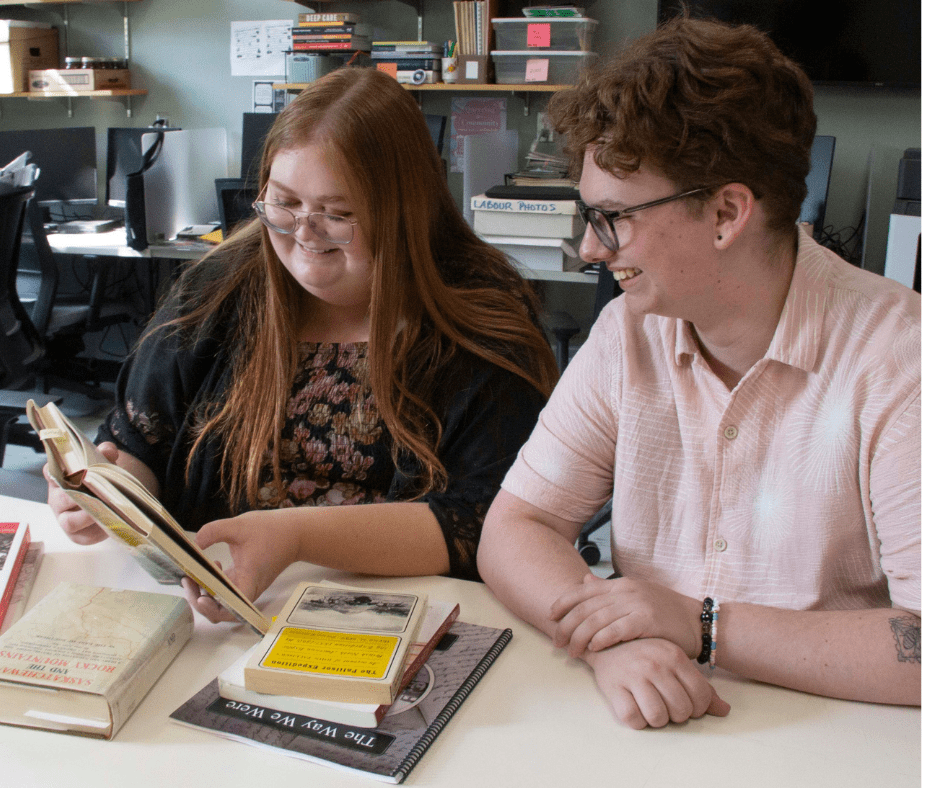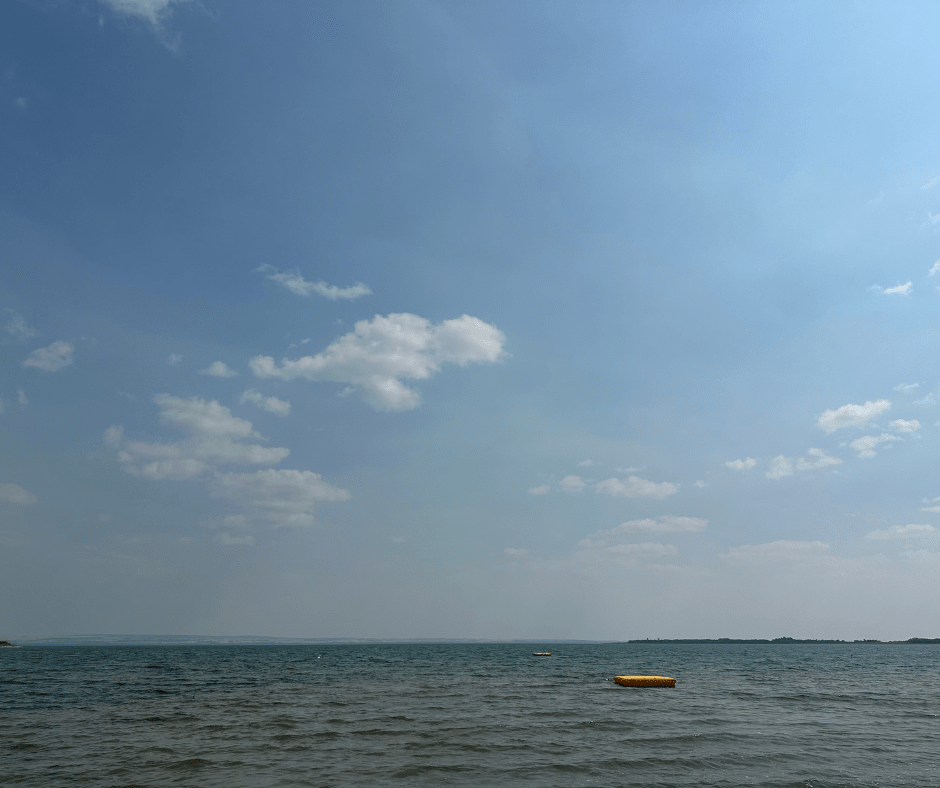
SK Soccer Legacy Project
Saskatoon Soccer Legacy Project: History Creates Culture Project
The SK Soccer Legacy Project is focused on preserving the history of Saskatchewan soccer and telling stories about soccer. The Co-Lab has partnered with the Soccer Legacy Project for Stage 2: Preservation. The student researcher has preserved all the material and has organized everything into a phsyical archive. All of the metrical - everything SK soccer related, including letters, newspapers, trophies, tournament programs, etc. - has been given as accession number and added to a comprehensive internal database. As well as building a physical archive, the student reacher, in partnership with Saskatoon Soccer, is created a cloud-based, searchable digital database.
Community Partner: Saskatoon Soccer, website.
Co-Lab Student: Grace Flegal
Documenting Indigenous and Settler Land Use
This multi-year project started in June 2024 uses archival, secondary, and oral history research to explore the human and environmental histories that have shaped the landscape of the UNESCO site of Redberry. Currently, the Co-Lab students are creating an archival database of historical sources and scholarly resources regarding the region. Topics of these records include agriculture, gardening, hunting, fishing, trapping, gathering, homesteading, and outdoor sport and recreational activities. The research team will utilize Historical Geographical Information Systems (HGIS) technologies to map place–based stories of the region. The records collected through this preliminary research will support ongoing research, education, and interpretation activities within the Redberry Lake Biosphere Region. In June 2025, the team began collecting oral history narratives of Indigenous and settler land use in the RLBR.
Community Partner: Redberry Lake Biosphere Region
Co-Lab Students: Sara Pilon (Lead), Aqsa Hussain, Sarah Travor and Elizabeth Martens

Project lead, Sara, showing historical sources about Redberry to fellow Co-Lab student, Wren.

Redberry Lake, summer 2024
Saskatchewan Heritage ID Books
Notice Nature is a Saskatchewan community program created to encourage outdoor play through fun, nature-loving learning activities. Notice Nature partners with schools, libraries, businesses, and organizations throughout Saskatchewan to encourage people to notice and interact with the local environment around them. Participants of all ages can complete activities in the Passport books and can learn about animals, wetlands, crops, plants, and more through the Guidebooks. Now, participants can also learn about local history through these Historical Site ID Guides!
To complete the Historical Site Guidebooks, Notice Nature partnered with the Department of History’s Co-Lab for Community Engaged Research at the University of Saskatchewan. Historical sites and museums are key for people who live on and visit the prairies to learn about the past and present of this place in empowering and critical ways. Local history is all around us and it shapes who we are. With these guidebooks, we hope to encourage people to think more deeply about the historical stories and landscapes of Saskatchewan.
Community Partner: Notice Nature, website.
Co-Lab Student: Jessy Lee Saas

